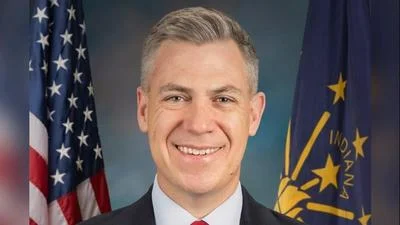Intake Of Cats Diverted Until Sept. 15
Due to longer holding periods to fully vaccinate cats being cared for at the shelter and capacity issues, cat intakes will be diverted until Sept. 15 or until shelter medical staff determine it is safe to resume normal operations.
Citizens will be offered options to get the cat vaccinated against panleukopenia at the shelter then keep it at their home until the shelter is ready and able to take the cat or kitten. Citizens bringing in stray cats or kittens will be offered the same service, vaccinations then the option to hold them in their home to prevent further spread of the disease. FWACC is an open access shelter, so if the citizen does not wish to take the cat or kitten home we will take it in. Anyone looking to rehome their pets are encouraged to do so outside of the shelter. To learn more about re-homing assistance click HERE.
Every cat leaving the building through adoptions must receive two vaccinations to prevent panleukopenia. The vaccines must be given 14 days apart, meaning cats are staying in the shelter nearly three times longer than normal. Due to the extended length of stay at the shelter, kennel space is very limited. Currently, there are 136 cats being housed at the shelter which is nearly 45% over capacity. There are 174 cats in foster care.
“As an open access shelter Fort Wayne Animal Care & Control cannot turn away animals coming in from the city or Allen County for any reason. That is why we are asking that pet owners be patient and hold onto their cats a little longer as we work to protect the cats in our care to prevent further spread of panleukopenia in our community,” Director Amy-Jo Sites said. “When we run out of space for animals, we have to make difficult decisions and the last thing we want to do is euthanize animals simply because we do not have space to house them.”
Feline panleukopenia, also known as the feline distemper or feline parvo, is a highly contagious virus that mostly affects unvaccinated kittens. Symptoms include fatigue, vomiting, diarrhea, and death. It is spread when a cat or kitten comes into contact with infected feces, vomit, nasal discharge and other bodily excretions. It does not affect people or other types of animals such as dogs.
All community cats will continue to be vaccinated against feline panleukopenia before being returned to their colony for the foreseeable future. Cats on a pathway to adoption that have received two vaccines are available to adopt at the shelter and off-site locations.
Feline panleukopenia is a preventable disease. Kittens can receive the first round of vaccines to prevent the deadly disease at 4-6 weeks and should receive boosters as recommended by a veterinarian. Adult cats should also be vaccinated to prevent illness.
The shelter is seeking the community's immediate help with donations to the Angel Fund to help cover the cost of the additional vaccines needed for community cats and tests to ensure the cats at the shelter are healthy and able to be adopted.
Those wishing to donate can help by either purchasing needed supplies via the shelter’s Amazon Wishlist or making monetary donations through the shelter’s website.
Original source can be found here.




 Alerts Sign-up
Alerts Sign-up